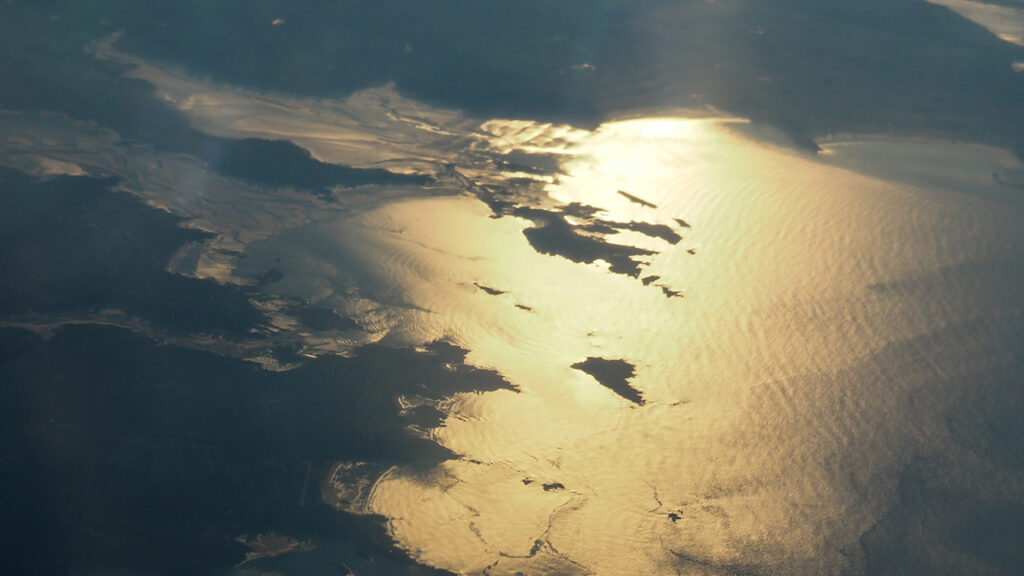
Hotter and longer marine heatwaves highlight urgent need for climate action
Global warming has tripled the number of days each year that the ocean experiences extreme heat at the surface, with devastating impacts on marine life and unstable conditions for tropical storms.
A multidisciplinary team, involving researchers from the National Centre for Atmospheric Science, have found that almost half of the world’s marine heatwaves are due to rising global temperatures.
Marine heatwaves occur when sea surface temperatures rise well above normal for an extended period of time. Today, the sea surface typically experiences nearly 50 days of extreme heat annually – averaged across the globe – up from 15 days back in the 1940s.
The research team at the Mediterranean Institute for Advanced Studies, National Centre for Atmospheric Science, University of Reading, International Space Science Institute and the University of the Balearic Islands, also found that rising global temperatures are making extreme ocean heat events last longer and become more intense.
Extended periods of unusually warm water can kill coral reefs, destroy kelp forests, and harm seagrass meadows – all critical habitats for marine life. As global temperatures continue to rise, marine heatwaves will become even more common and severe, putting increasing pressure on already stressed ocean ecosystems.
These increased marine heatwaves could, in return, cause our atmosphere to become less stable leading to more frequent and powerful tropical storms in some regions. Human activities are fundamentally changing our oceans.
Dr Xiangbo Feng, researcher at the National Centre for Atmospheric Science and University of Reading
The research team compared observed sea surface temperatures with an estimation of how they would look if global warming had been removed since 1940. This allowed them to measure how much global warming contributes to these extreme heat events. Without global warming, 47% of marine heatwaves observed between 2000-2020 would not have happened at all.
They also found that marine heatwaves are becoming more intense. Global warming has added about 1°C to the maximum temperature of these events, with some regions seeing even higher increases.
Professor Jon Robson from the National Centre for Atmospheric Science at the University of Reading, describes how different ocean regions respond differently to warming: “In tropical areas, marine heatwaves mostly become more frequent rather than more intense. In contrast, areas like the Mediterranean Sea, North Sea, and parts of the Pacific Ocean see both more frequent and more intense heat events.”
